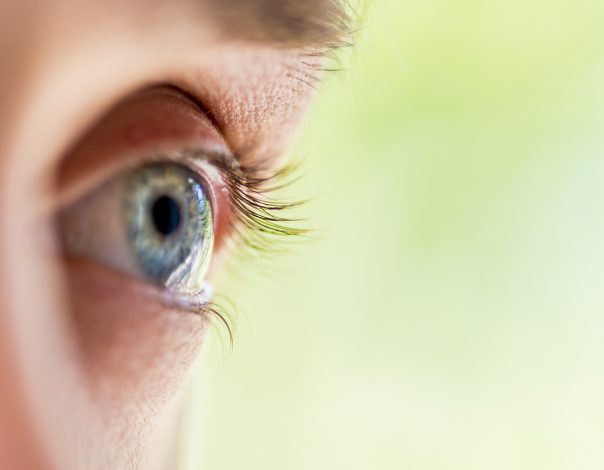What are the do’s and don’ts after cataract surgery?
Vision loss due to cataracts is an incredibly common condition that affects more than 20 million Americans. Fortunately, cataract surgery is a safe and painless treatment for addressing the condition. This process works by replacing the patient’s natural lens with an artificial one, allowing patients to see without any cloudiness.
As the procedure eliminates the risk of cataracts returning in the eye, patients can enjoy crystal clear vision and no fear of the condition returning. That said, patients will still need to follow their doctor’s post-procedural instructions and take care of themselves. As with any surgical procedure, the recovery period plays a vital role in the quality of the results.
While the recovery period will be different for everyone, and patients will receive specific instructions from their doctor that are tailored to their eyes, there are some general do’s and don’ts that should be followed after undergoing cataract surgery.
What can I do following cataract surgery?
- You can take a shower or bath
- You should take eye drops per your doctor’s instructions
- You should focus on rest and relaxation for at least a few days
- You should use the eye shield while you sleep
- You should wear sunglasses when going outside
- You should arrange for a ride home from your surgical appointment
- You should rest whenever you feel tired
What should I avoid doing after cataract surgery?
- You should avoid rubbing your eyes
- You should avoid getting soap or shampoo in your eyes
- Minimize computer and phone screen time the first 24 hours after surgery
- You must refrain from driving until given the ok from your doctor
- You should refrain from heavy lifting and all other strenuous activities for one week
- Avoid swimming and hot tubs, as there is a risk of infection
- Refrain from wearing eye makeup for at least a week following the procedure
- Do not take any flights (travel by plane)
- Try to refrain from sneezing and vomiting if possible
- Avoid bending over as much as possible
Other considerations
When going to sleep, it is vital that patients wear the protective shield provided for them by the doctor. It should be worn for at least the first week (or longer, if instructed by the doctor). Patients must also be careful when washing their faces, as water should not make direct contact with the eye.
Eating a healthy diet is also highly recommended, as this will ensure that the body is functioning at its best. Fiber-rich foods, leafy green vegetables, and lean protein are fundamental for any balanced diet. Foods that are high in sugar should be avoided, as they cause blood sugar to spike too quickly. This can hamper the healing process.
Common food allergens (gluten, dairy, eggs, etc) should also be avoided if the patient feels that they are causing inflammation.
What is the takeaway?
As every patient’s condition is different, everyone will have their own unique recovery period. As such, your doctor’s advice is more beneficial than anything else. Patients will have a speedy recovery and amazingly improved vision if they can manage to follow instructions and take care of themselves. As with any procedure, patients should refer to an experienced, highly revered practitioner to perform their cataract surgery.





